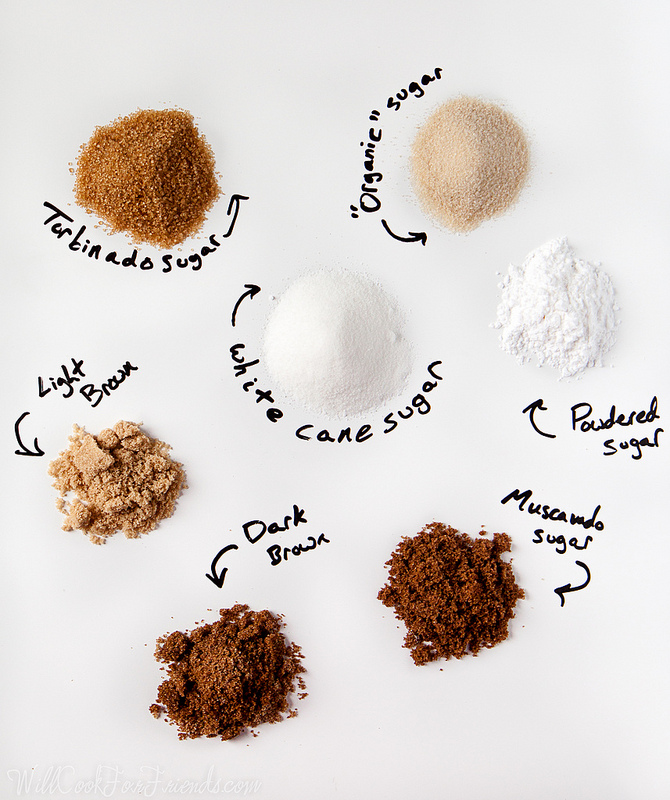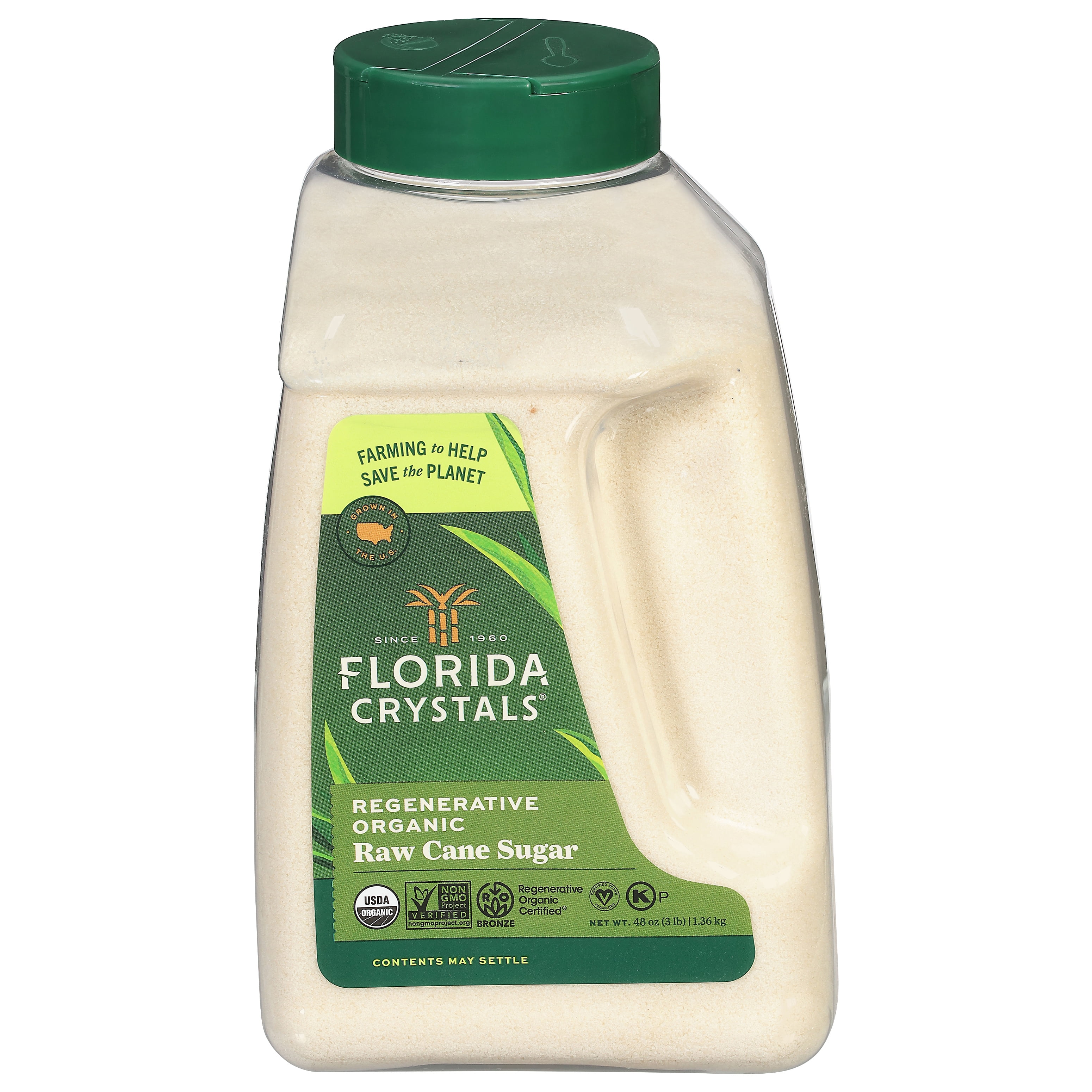Opening Potential: Cane Sugar Processing Chemicals Demystified
Wiki Article
Navigating Regulatory Conformity and Sustainability With Cutting-Edge Walking Cane Sugar Handling Chemicals in the Chemical Export Sector

Regulatory Landscape Overview
In the world of walking stick sugar processing chemicals within the chemical export market, comprehending the regulatory landscape is paramount for making certain compliance and sustainable operations. Regulative bodies such as the Environmental Security Agency (EPA) and the Food and Drug Administration (FDA) play an important duty in overseeing the production, import, and export of these chemicals. Compliance with policies established forth by these bodies is not only a legal need yet also necessary for preserving public wellness and ecological safety standards.Regulative frameworks governing walking cane sugar processing chemicals encompass a large array of aspects, consisting of labeling demands, permissible levels of certain compounds, and guidelines for secure handling and disposal. For chemical exporters, this implies adhering to strict documents processes, high quality control actions, and routine audits to demonstrate adherence to these regulations.

Lasting Cane Sugar Chemical Innovations

One famous location of advancement is the growth of environmentally friendly chemicals that decrease water and energy consumption during the sugar processing phases. By carrying out these lasting options, firms can decrease their carbon impact while keeping high degrees of efficiency. Furthermore, advancements in biodegradable chemicals are obtaining grip, using an extra eco-friendly choice to standard processing agents.
In addition, the assimilation of sustainable power resources in the manufacturing procedure is becoming a lot more prevalent, further improving the sustainability account of walking stick sugar processing. By accepting these sustainable walking cane sugar chemical advancements, companies can not only meet regulatory demands however likewise demonstrate a dedication to environmental responsibility in the chemical export sector.
Compliance Challenges in Exporting Chemicals
Browsing regulatory frameworks presents considerable obstacles for chemical merchants, requiring thorough interest to conformity requirements and global legislations. Exporting chemicals involves adherence to a complicated web of laws that differ from country to nation. Among the main conformity challenges encountered by chemical exporters is ensuring that the products satisfy the particular governing demands of the importing nation. This includes getting the needed permits, qualifications, and documentation to show the safety and security and legitimacy of the chemicals being exported.Additionally, chemical exporters have to stay abreast of continuously progressing requirements and regulations connected to chemical handling, manufacturing, and transportation. Failing to adhere to these policies can cause extreme effects, consisting of fines, legal action, and reputational damage. Additionally, browsing profession limitations, sanctions, and export control regulations includes one more layer of intricacy to the conformity landscape for chemical merchants.
To minimize these challenges, chemical exporters must invest in durable conformity programs, perform normal audits, and engage with governing authorities to make certain a comprehensive understanding of the appropriate regulations and regulations. By prioritizing compliance and remaining positive in attending to regulatory challenges, chemical merchants can navigate the complexities of worldwide trade efficiently.
Environmental Impact of Cane Sugar Processing
The ecological ramifications of walking cane sugar processing are a crucial element calling for comprehensive exam in the chemical export market. Walking cane sugar processing can have considerable environmental influences at different stages of manufacturing. Among the primary worries is the generation of huge quantities of wastewater including raw material, suspended solids, and chemicals made use of in the processing plants. This wastewater, if not properly treated, can contaminate water bodies, harm water life, and degrade general water top quality. In addition, the burning of sugarcane fields prior to collecting, a common method in some areas, launches damaging air contaminants and greenhouse gases into the ambience, adding to air top quality problems and environment change.Furthermore, the substantial use of pesticides and fertilizers in sugarcane growing can cause dirt destruction, water contamination, and damage to non-target organisms. It is vital for chemical exporters associated with the walking cane sugar processing industry to implement lasting techniques, purchase advanced wastewater therapy innovations, advertise accountable farming techniques, and stick to strict environmental regulations to decrease the adverse ecological effect of their operations.
Future Trends in Sustainability Practices
What innovative strategies are chemical exporters in the walking cane sugar processing sector embracing to enhance sustainability techniques for the future? One popular fad is the change in the direction of developing and making use of environmentally friendly chemicals in the handling of walking cane sugar - Cane Sugar Processing Chemicals.Another essential pattern is the implementation of sophisticated modern technologies such as automation and information analytics to optimize resource use and reduce waste generation. By using the power of data and automation, chemical merchants can streamline their procedures, improve power efficiency, and improve total sustainability performance.
Moreover, partnerships and collaborations with sustainability-focused organizations and stakeholders are ending up being significantly common. By interacting, chemical exporters can trade expertise, share ideal methods, and collectively drive development in look these up the direction of even more lasting cane sugar handling methods. Welcoming these trends will certainly not read the article only benefit the atmosphere however additionally ensure lasting success and competition in the sector.
Conclusion
In final thought, the chemical export market must navigate complex regulatory landscapes and sustainability obstacles when refining cane sugar. Technologies in walking cane sugar handling chemicals are vital to fulfilling compliance standards and reducing environmental impact. As the industry continues to advance, it is essential for business to embrace sustainable practices and remain in advance of future patterns to make sure long-lasting success.In the realm of cane sugar processing chemicals within the chemical export industry, understanding the regulatory landscape is paramount for guaranteeing compliance and lasting procedures.Exploring cutting-edge strategies in the growth of sustainable walking stick sugar chemical solutions is vital for progressing environmental stewardship in the chemical export industry. Firms are significantly investing in research and development to develop innovative cane sugar handling chemicals that not just guarantee high efficiency in sugar manufacturing however additionally stick to rigorous sustainability requirements.
Going Here Additionally, chemical merchants should stay abreast of constantly advancing guidelines and standards associated to chemical transportation, manufacturing, and handling - Cane Sugar Processing Chemicals.The environmental implications of cane sugar handling are an essential aspect requiring extensive evaluation in the chemical export industry
Report this wiki page